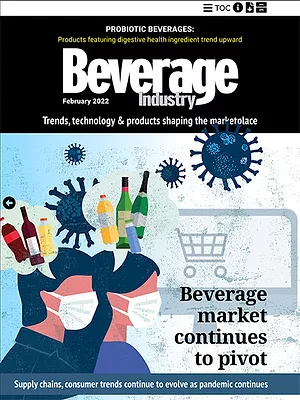Cover Feature
Beverage supply chains, consumer trends continue to evolve as pandemic continues
eCommerce’s market share for beverage alcohol projected to grow through 2025
Read More

Copyright ©2026. All Rights Reserved BNP Media.
Design, CMS, Hosting & Web Development :: ePublishing